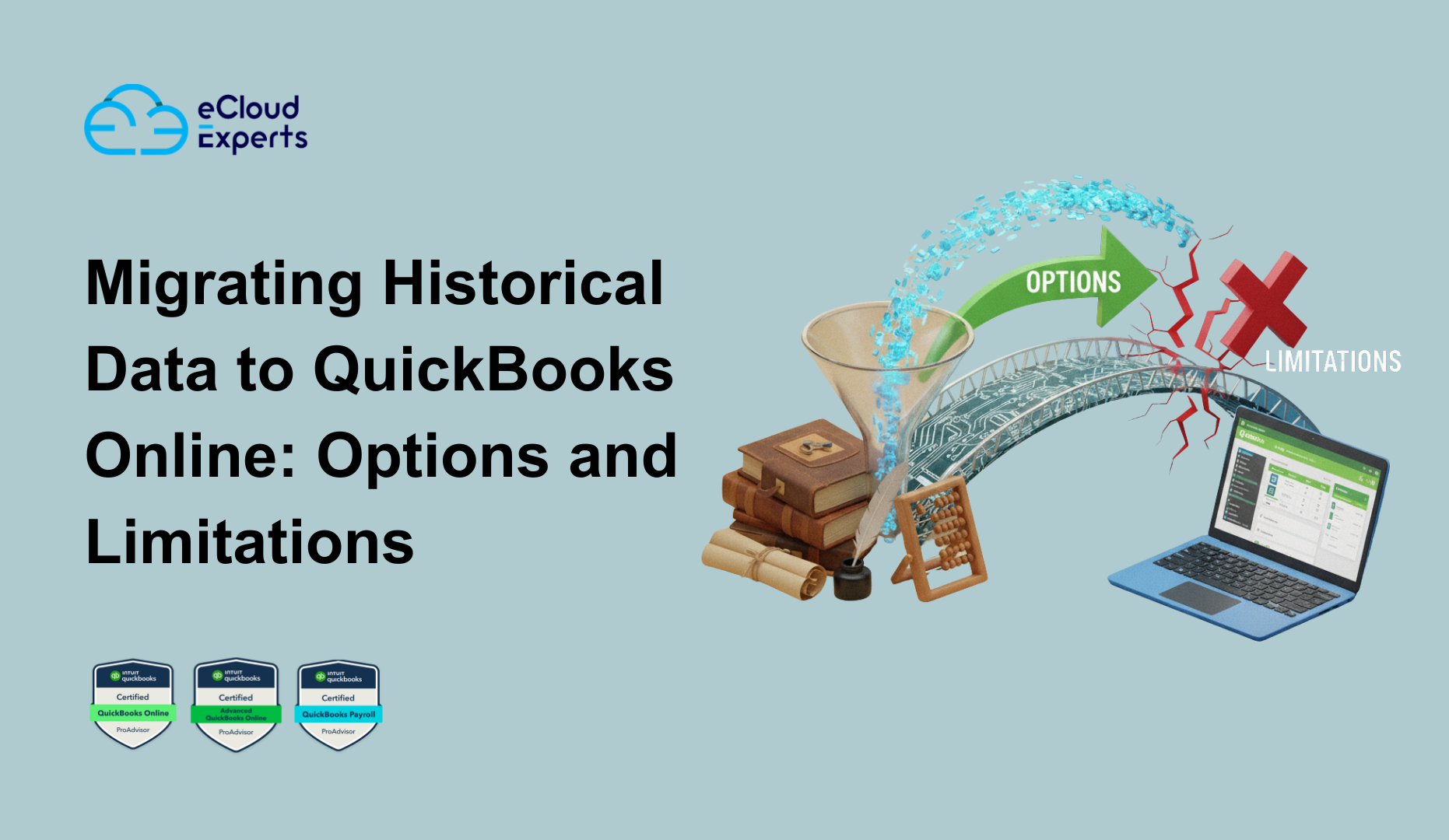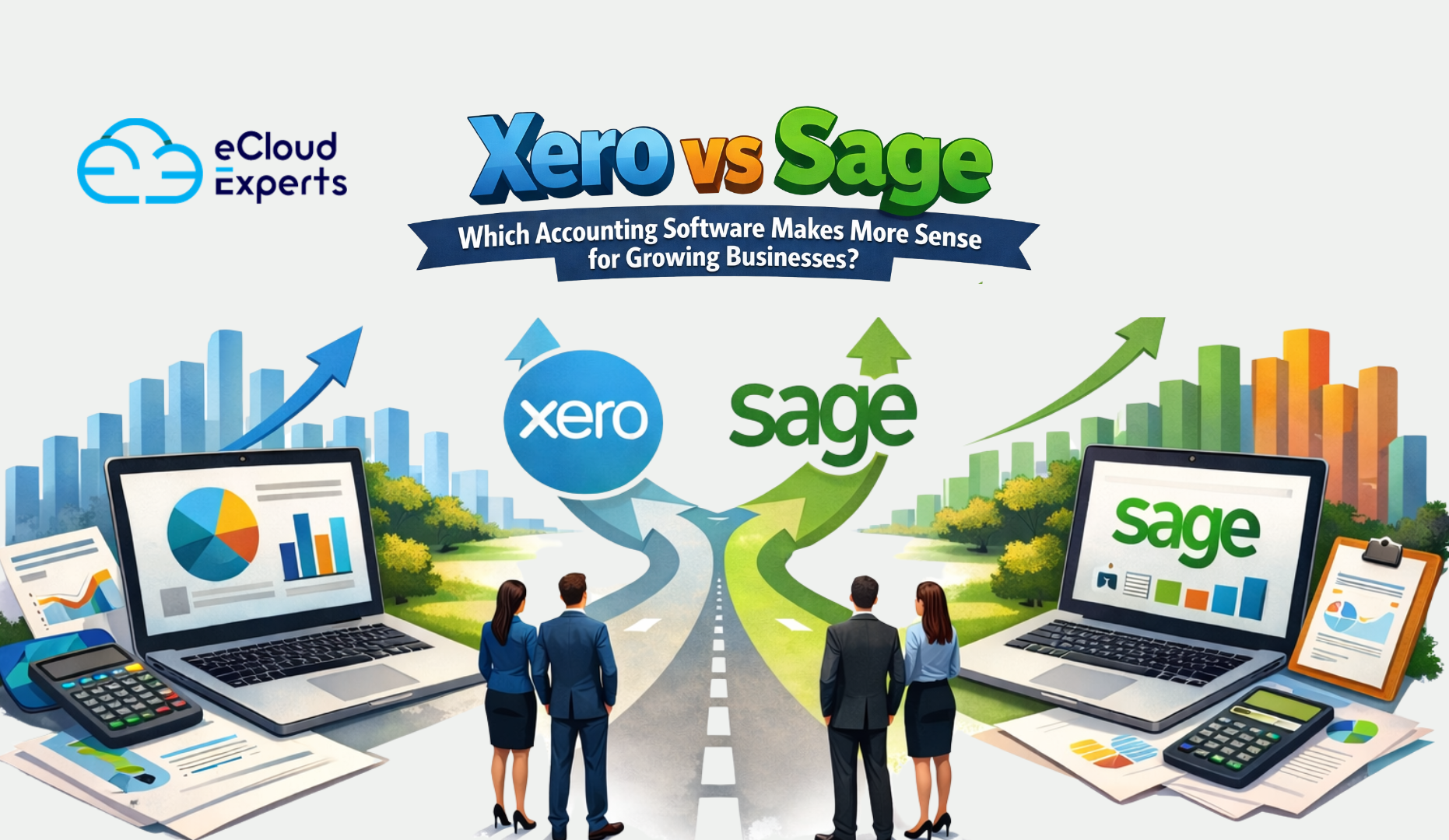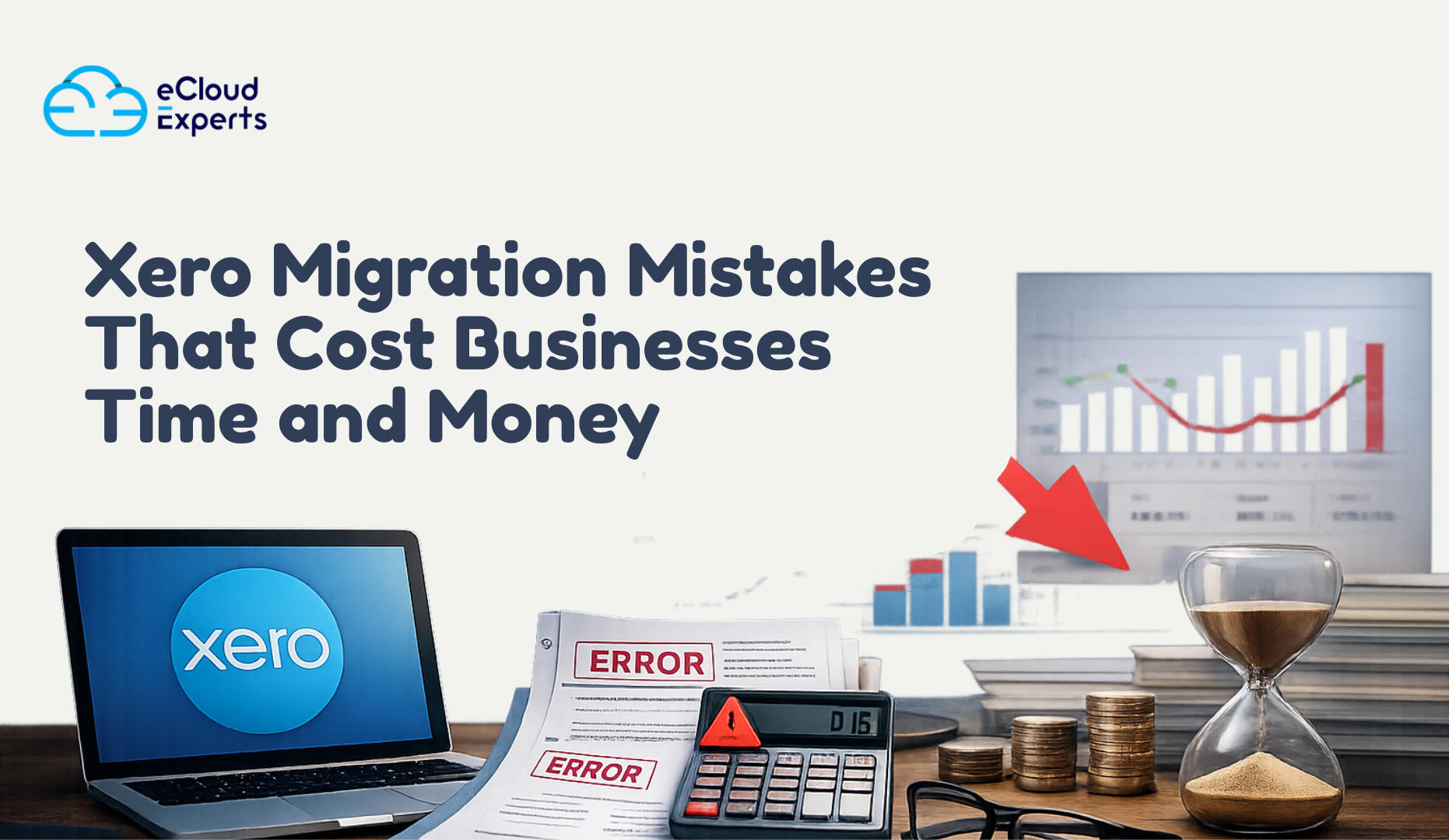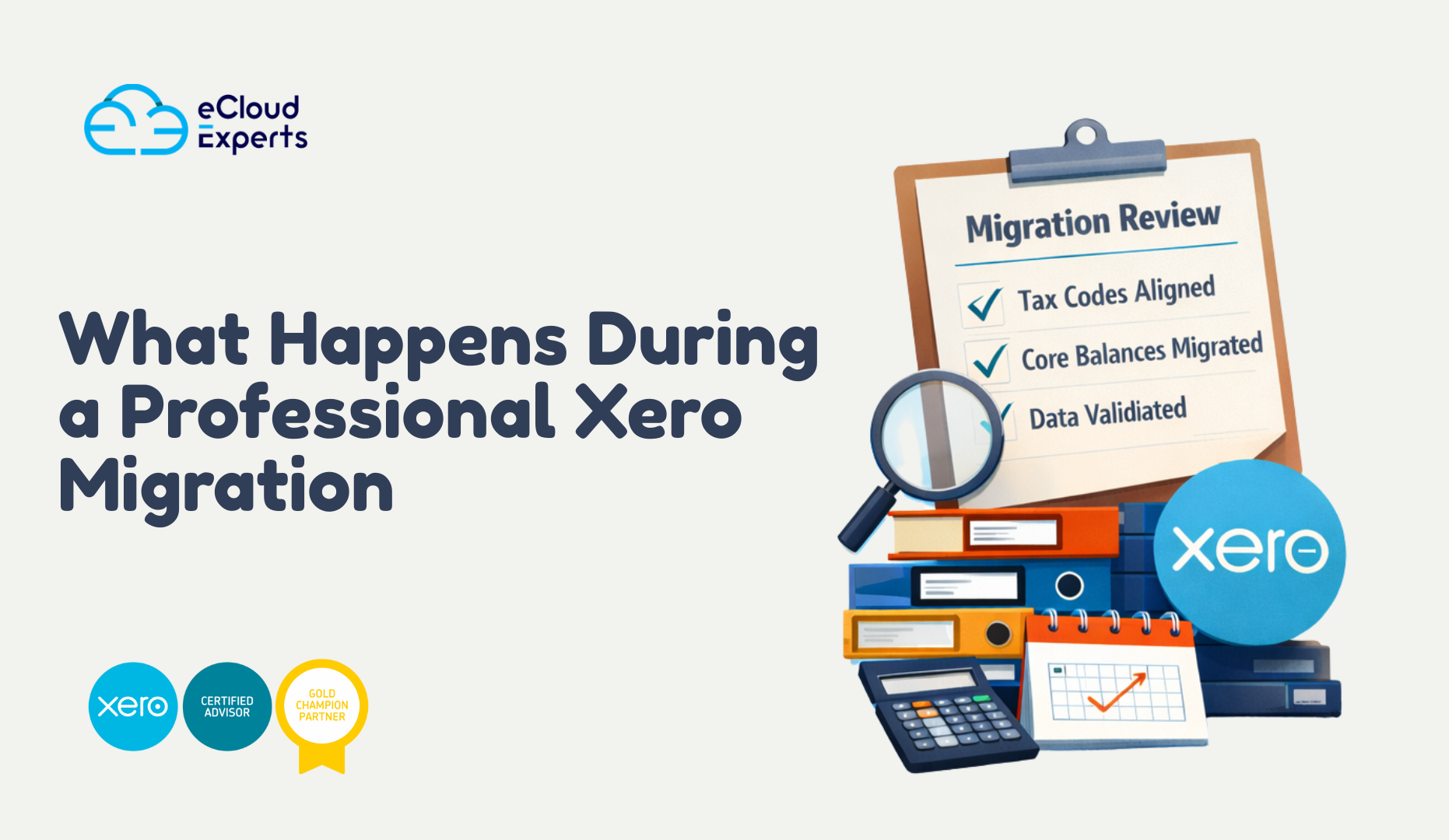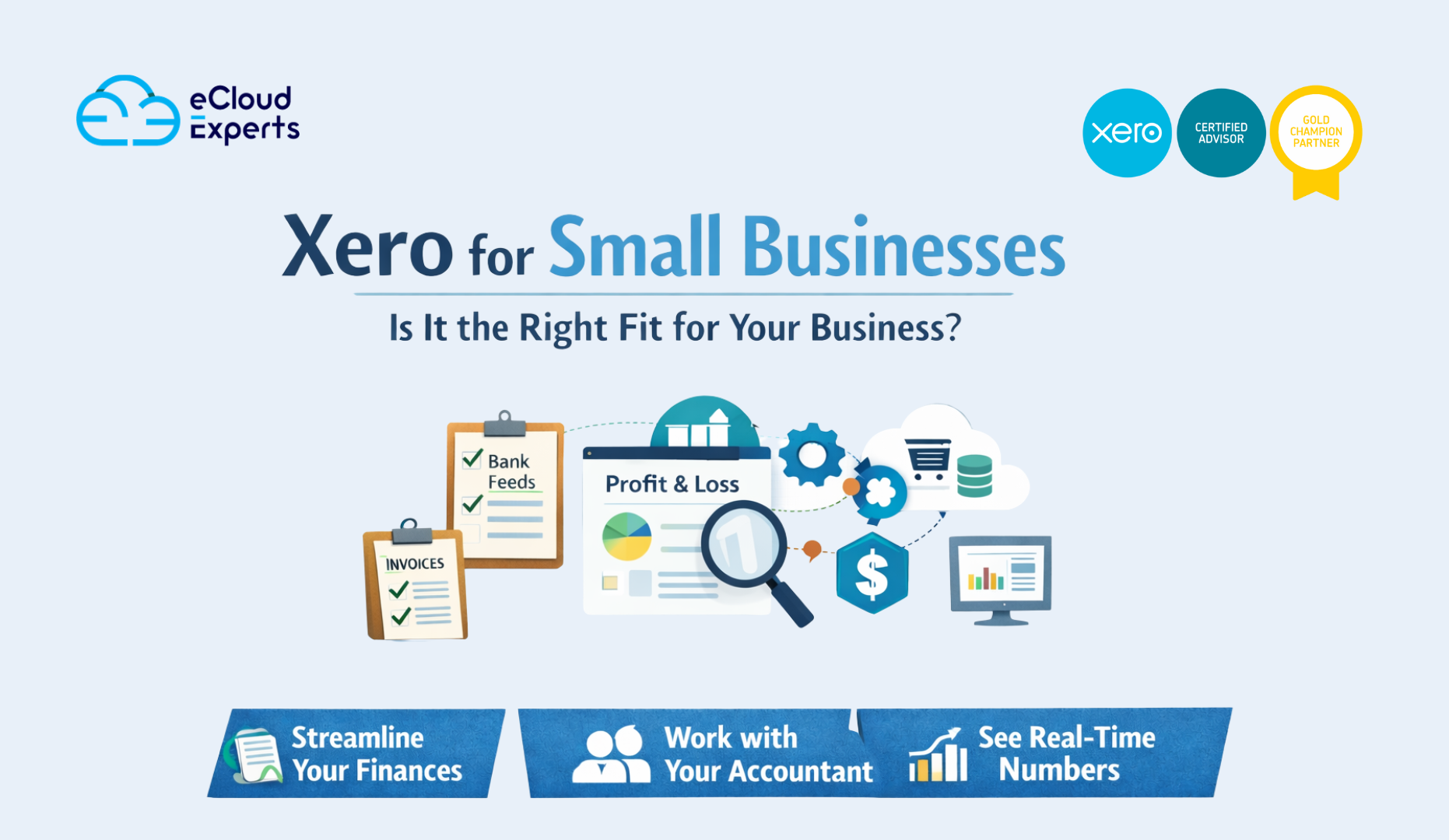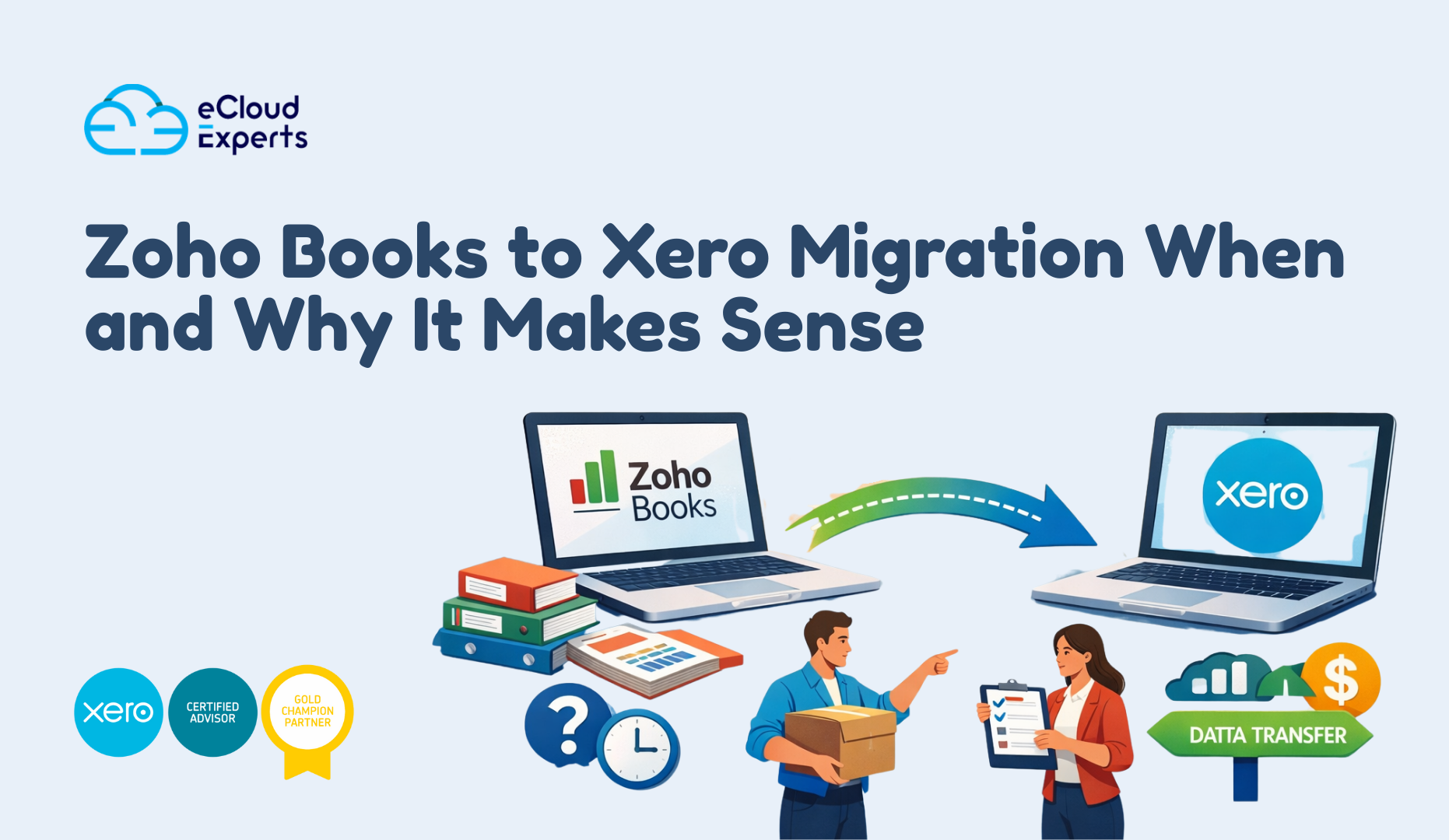When companies decide to move to QuickBooks Online, the first question that arises is whether to bring past records along or start fresh. This is where QuickBooks historical data migration becomes a key decision. Many businesses underestimate the importance of their financial history, only to later realize that missing data affects compliance, forecasting, and decision-making.
If you’ve been running on desktop accounting software or spreadsheets for years, your old records hold valuable insights. Whether it’s invoices, reconciled bank statements, payroll data, or tax filings, historical information gives context to today’s financial health. Ignoring this part of the process can create gaps that lead to frustration later. That’s why businesses exploring QuickBooks historical data migration must weigh their options carefully before taking the leap.
At eCloud Experts, we specialize in helping businesses navigate this exact challenge. Our goal is to ensure you don’t just migrate, but migrate smart—with clarity on what data to bring, what to leave behind, and how to make QuickBooks Online truly work for your business.
What Historical Data Includes in QuickBooks
When business owners hear about QuickBooks historical data migration, they often think it only refers to importing old invoices. In reality, historical data covers a much broader spectrum of financial information.
Historical records typically include:
- Customer and supplier invoices
- Bills and expenses
- Payroll history and staff payments
- Bank reconciliations and statements
- Sales tax or VAT filings
- Journal entries and adjustments
One important distinction to understand is whether you’re migrating opening balances (summary figures for each account) or transaction-level history (detailed records of every invoice, payment, and bill). For some businesses, opening balances are enough to keep reporting accurate. But for others—especially those needing detailed audits or comparisons—transaction-level QuickBooks historical data migration is the smarter choice.
There’s also the role of catch-up bookkeeping QuickBooks services. If your old system wasn’t maintained properly, importing messy records into QuickBooks Online can create more problems. In such cases, professional catch-up services might make more sense than attempting a direct data transfer.
Why Historical Data Matters for Businesses
It’s easy to think old data isn’t necessary once you’ve switched to modern software. However, businesses that ignore QuickBooks historical data migration often regret it later. Here’s why:
- Compliance & Audit Readiness
Regulators and auditors often require records going back several years. Without this, you risk non-compliance. - Year-over-Year Comparisons
To measure growth, you need to compare current performance with past years. Historical sales and expense data are critical. - Tax Preparation
Historical VAT or sales tax filings ensure no gaps when HMRC or IRS reviews your returns. - Clean Reporting
QuickBooks Online reports are powerful, but they’re only accurate if they include a full picture of past transactions.
For these reasons, skipping QuickBooks historical data migration can create roadblocks. Businesses that try to reconstruct old numbers later find it more expensive and time-consuming than migrating correctly in the first place.
That’s why eCloud Experts recommends a proactive approach—either migrating full data or using catch-up bookkeeping QuickBooks services to build a clean financial foundation before moving forward.
Options for QuickBooks Historical Data Migration
When businesses explore QuickBooks historical data migration, they generally have three main options. Each option has its benefits and drawbacks, and the right choice depends on your company’s needs, budget, and compliance requirements.
Option 1: Import Summary Balances
This method involves migrating only account balances as of a certain cut-off date.
Pros:
- Fast and inexpensive
- Simplifies the migration process
- Avoids importing messy data
Cons:
- No access to past invoices, bills, or reconciliations
- Limited reporting capability for previous years
- May not meet audit requirements
Option 2: Full Transaction-Level Migration
Here, every invoice, bill, journal, and reconciliation is imported into QuickBooks Online.
Pros:
- Complete historical visibility
- Meets compliance and audit requirements
- Enables accurate forecasting and reporting
Cons:
- More expensive and time-intensive
- Risk of hitting QuickBooks Online limitations such as file size or import restrictions
- Requires expert handling to avoid errors
Option 3: Hybrid Migration
This approach blends the two—importing full transaction-level history for recent years while keeping only balances for older periods.
Pros:
- Balanced cost vs. detail
- Preserves recent financial visibility
- Reduces file size pressure on QuickBooks
Cons:
- Requires careful planning to avoid gaps
- Some historical detail is still lost
Quick Comparison:
- Summary balances: Good for small businesses with limited history needs
- Full migration: Best for audit-heavy industries and larger companies
- Hybrid: Best for mid-sized firms seeking flexibility
For many SMEs, a hybrid strategy offers the best compromise. Regardless of which path you choose, professional support for QuickBooks historical data migration can prevent errors that lead to inaccurate reports or compliance issues.
Limitations of QuickBooks Online for Historical Data
While QuickBooks Online is a powerful platform, businesses need to understand its constraints before committing to full QuickBooks historical data migration.
Key limitations include:
- File Size Constraints: Large volumes of historical data can slow down performance.
- Import Restrictions: Certain data types—like attachments or payroll detail—don’t always transfer.
- Mapping Errors: Chart of accounts or tax codes from old systems may not align perfectly.
- Duplicate Records: Without professional oversight, transactions may double-up during import.
For businesses with very messy records, catch-up bookkeeping QuickBooks may be a smarter move than forcing every old transaction into QuickBooks Online. By cleaning up first, you ensure the new system starts fresh while keeping compliance intact.
Catch-Up Bookkeeping vs Historical Data Migration
Sometimes, it’s better to focus on clean-up rather than full QuickBooks historical data migration. Businesses facing years of messy books or inaccurate entries might find that importing everything only creates new problems.
Here’s when catch-up bookkeeping QuickBooks is the right choice:
- Records haven’t been reconciled in years
- Large gaps exist in old data
- Prior software contained duplicate or missing transactions
- Only compliance-level history is required
Benefits of Catch-Up Services:
- Creates a clean, accurate starting point in QuickBooks Online
- Saves time and money compared to full migration
- Ensures compliance without carrying over errors
- Reduces clutter in reports
That said, some industries—like healthcare, manufacturing, or government contractors—still require full QuickBooks historical data migration due to regulations. The right approach depends on your sector and long-term goals.
Best Practices for Smooth Historical Data Migration
If you decide to go ahead with QuickBooks historical data migration, preparation is key. Following best practices ensures the process is smooth, accurate, and beneficial for your business.
1. Clean Your Old Data First
- Review and reconcile accounts in your legacy system
- Correct duplicate or missing entries
- Archive irrelevant records
2. Choose the Right Migration Method
- Summary balances for small businesses
- Full migration for compliance-heavy sectors
- Hybrid for mid-sized companies needing balance
3. Test Before Full Import
- Run a test migration with limited data
- Validate reports in QuickBooks Online against old records
- Adjust mappings and fix errors before going live
4. Reconcile After Migration
- Verify bank balances match
- Check VAT or sales tax liabilities
- Ensure customer/supplier balances are accurate
5. Work With Experts
DIY migration often leads to errors. Professional QuickBooks historical data migration services guarantee accuracy, save time, and reduce risks.
Conclusion: Make Your Move With Confidence
Switching to QuickBooks Online is a smart move, but ignoring your financial history can create more problems than it solves. Whether you choose summary balances, a full import, or a hybrid method, QuickBooks historical data migration must be planned carefully.
For businesses with messy records, catch-up bookkeeping QuickBooks offers a practical alternative that ensures compliance without overwhelming QuickBooks Online.
At eCloud Experts, we’ve helped hundreds of businesses evaluate their options and execute the best approach. Don’t let poor planning or overlooked details hold you back.
Book your consultation today and let our experts guide your QuickBooks historical data migration from start to finish.

